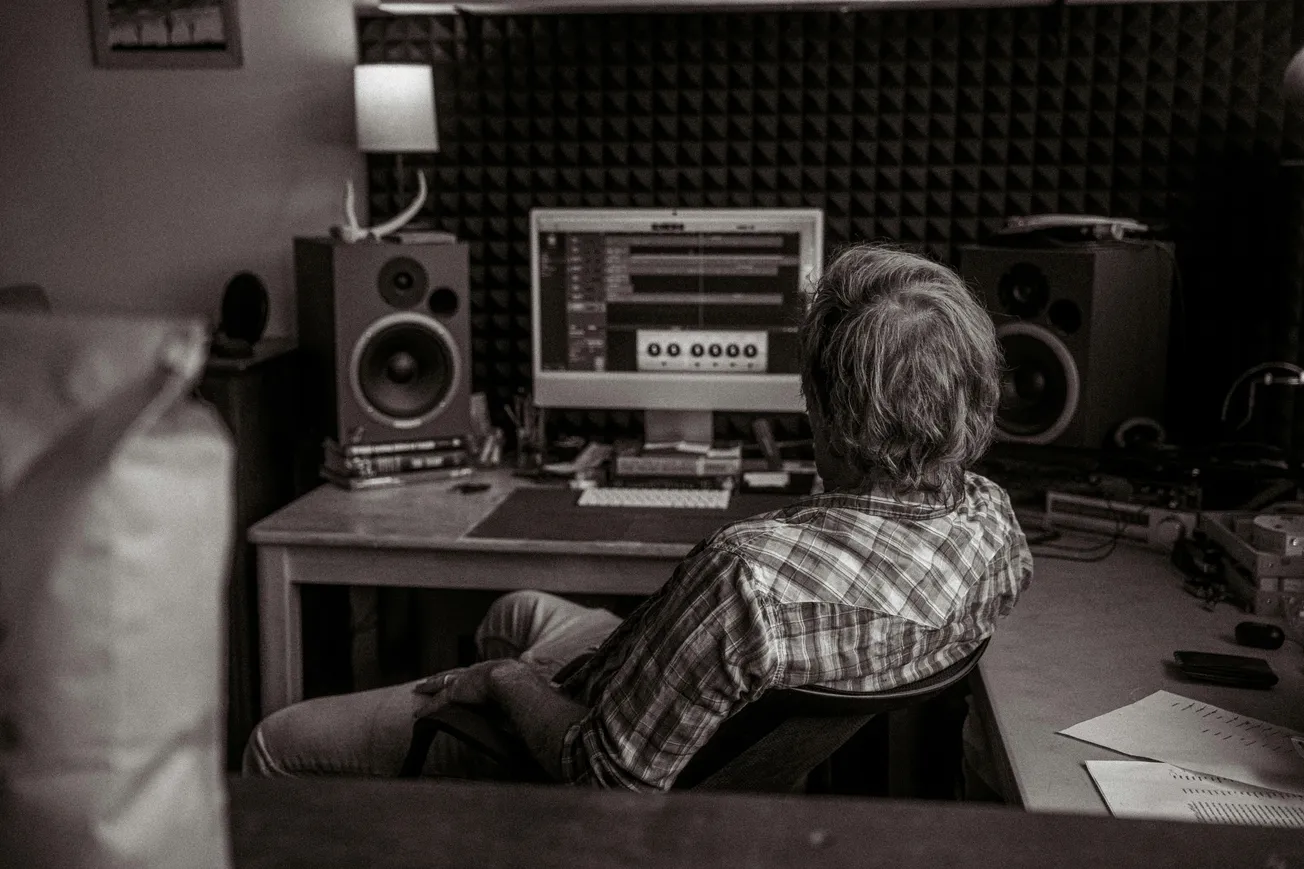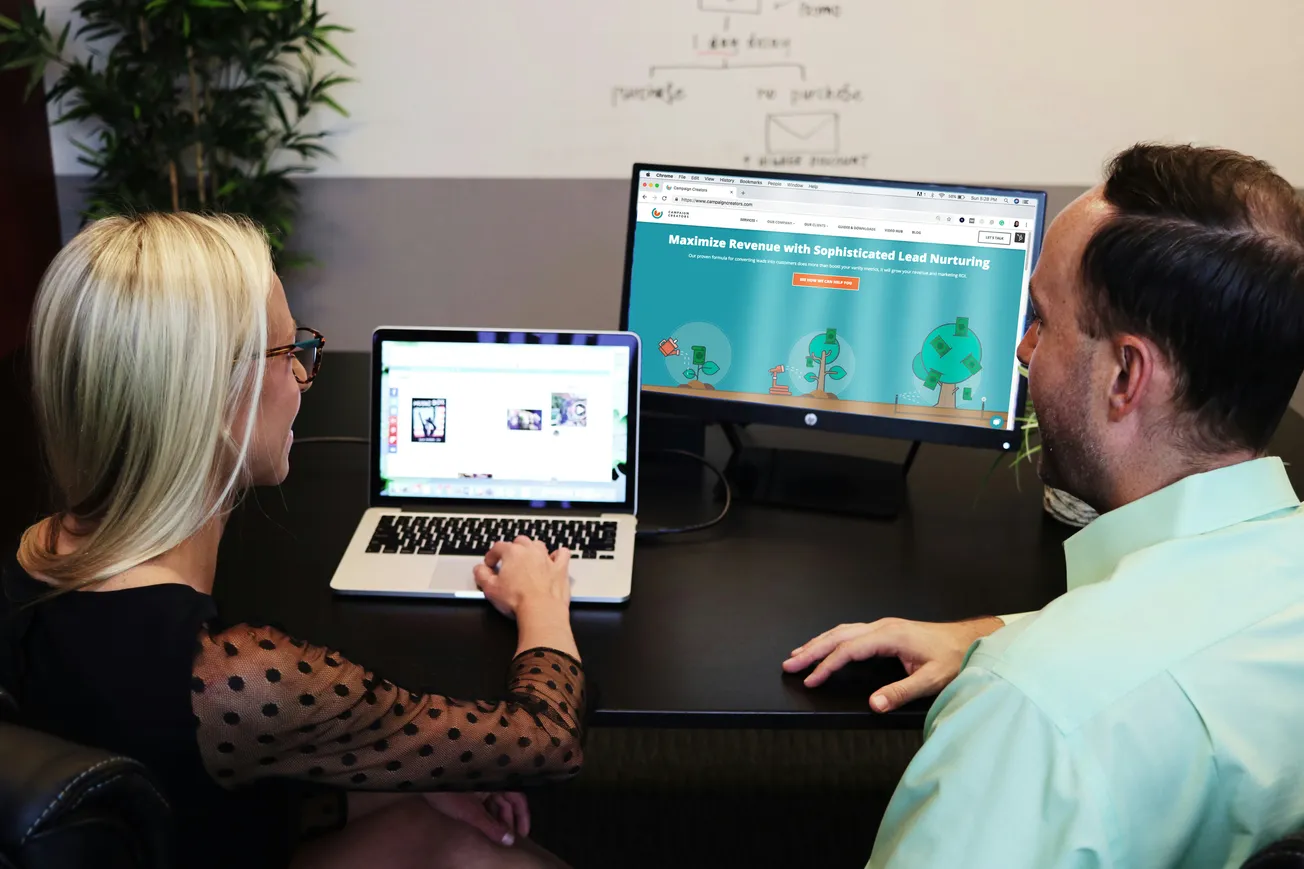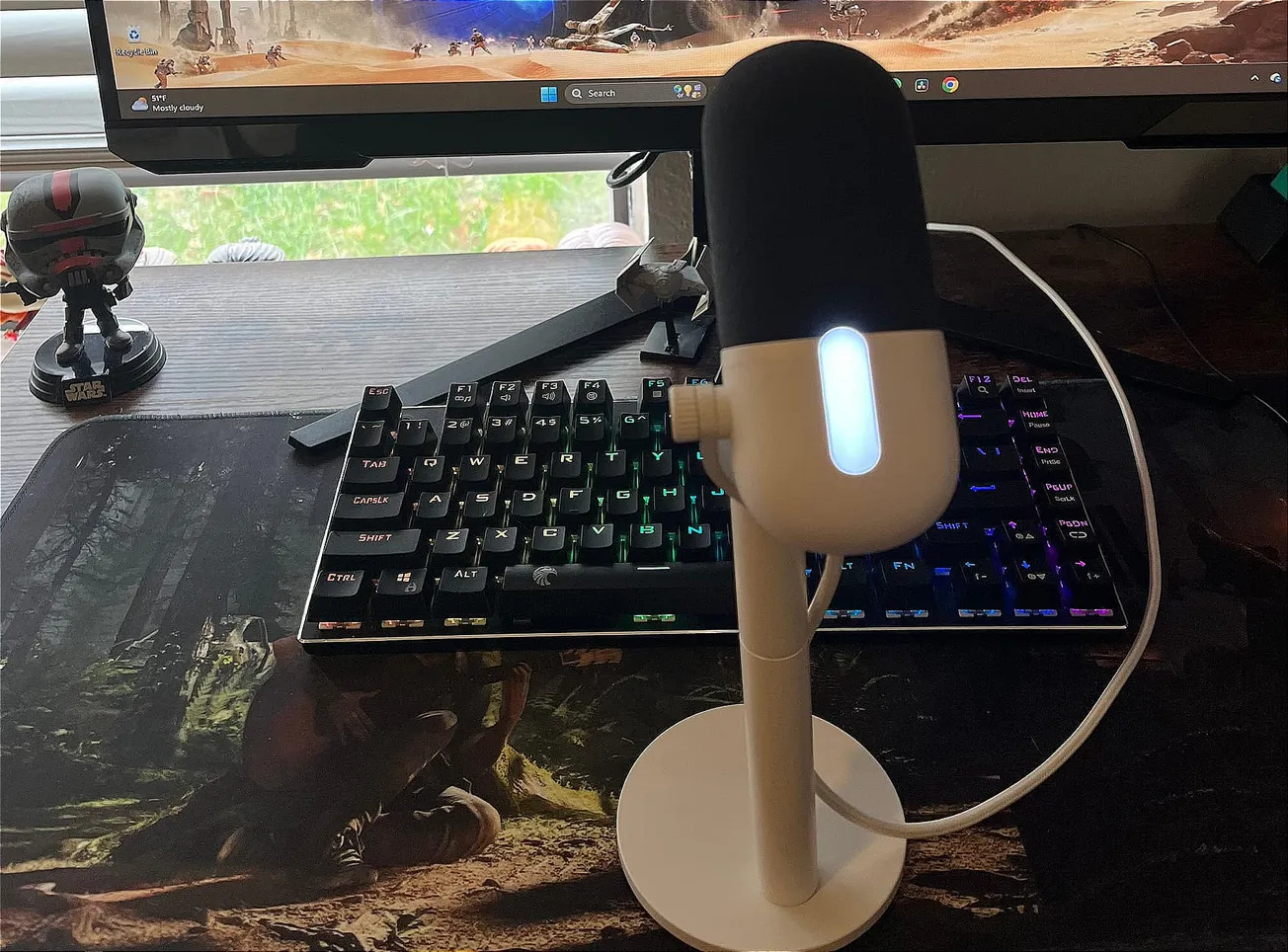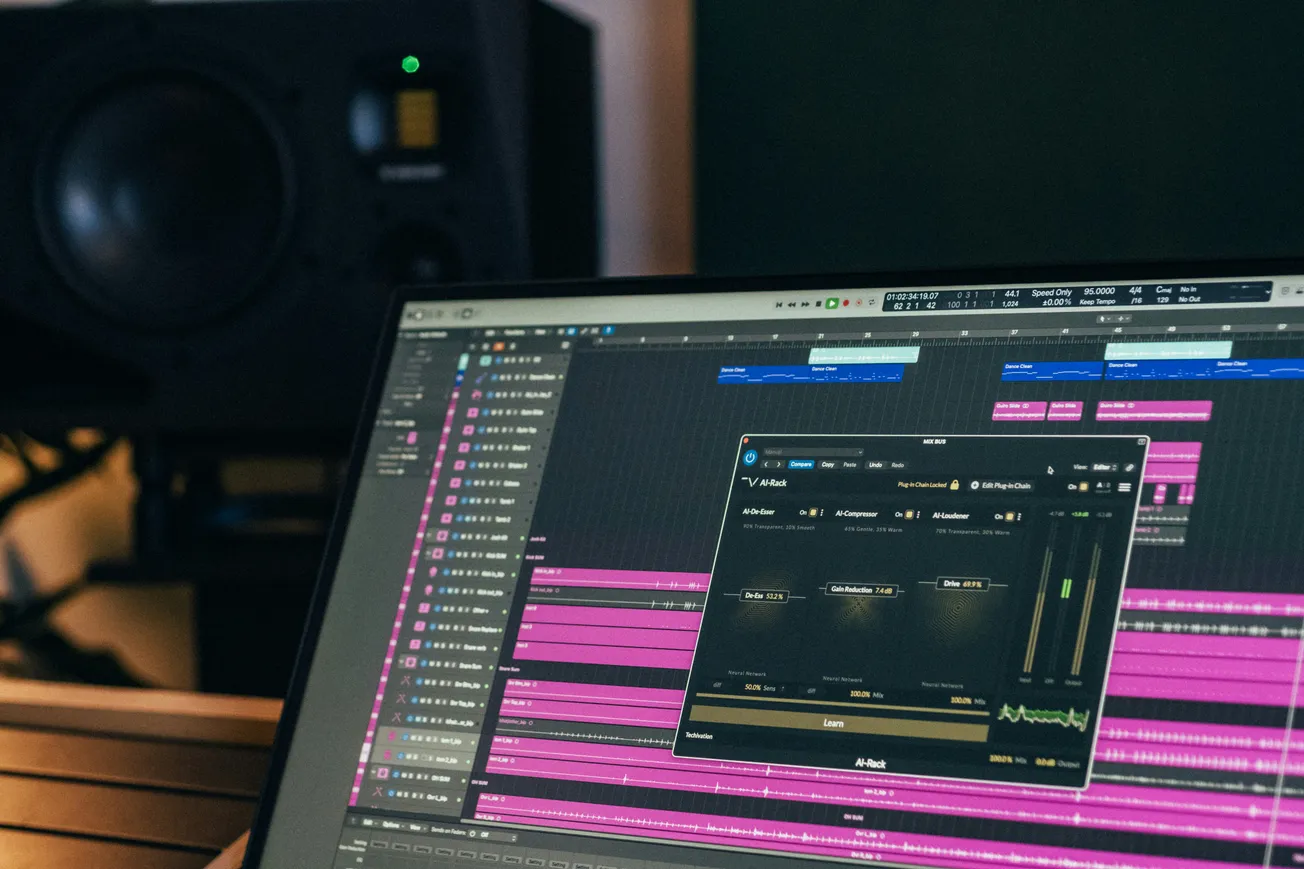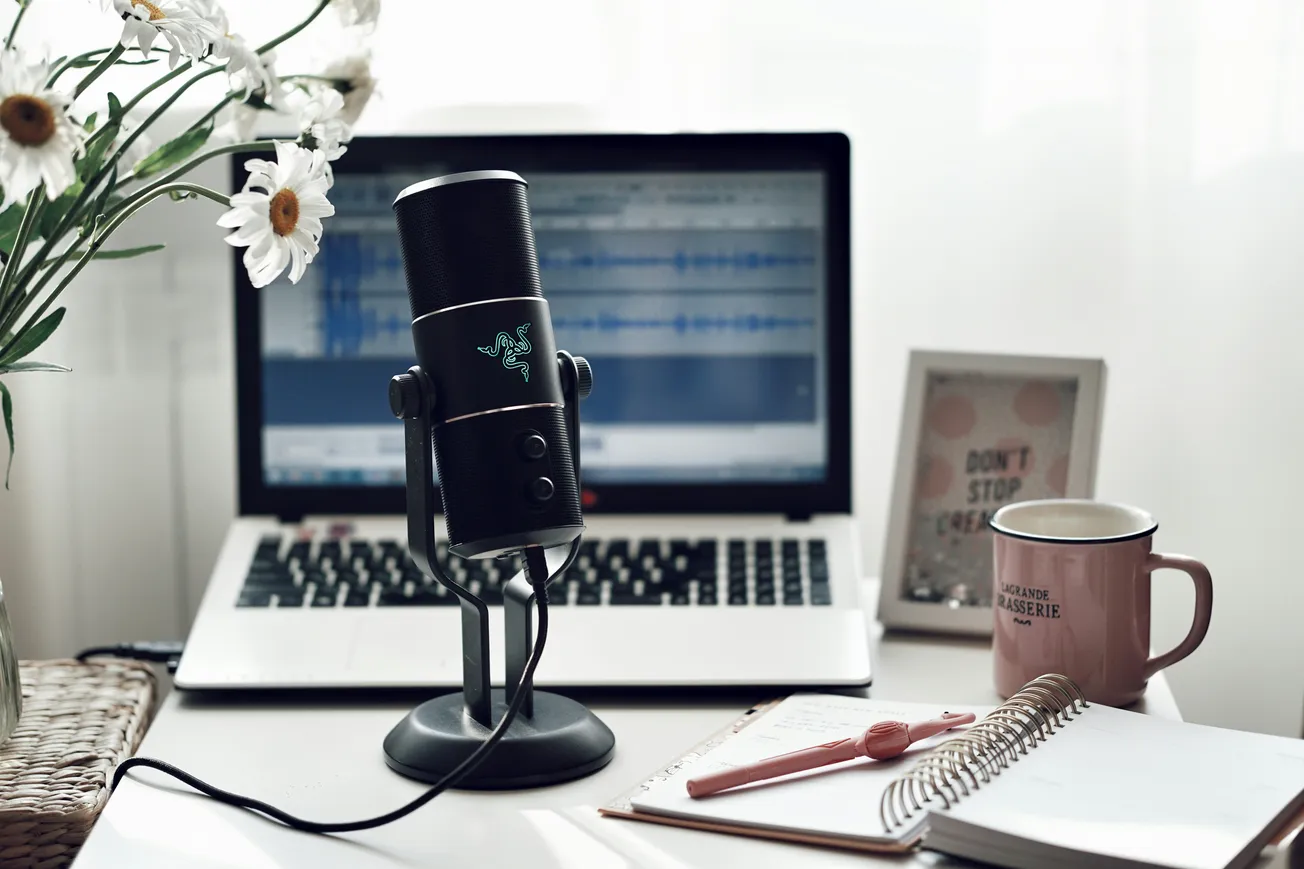Artificial intelligence is rapidly transforming how music is created, distributed, and licensed. As AI-generated tracks flood streaming platforms, the industry faces urgent questions about ownership, royalties, and creative authenticity.
AI and the Copyright Challenge
Generative AI tools trained on unlicensed music are creating new copyright dilemmas. These systems can produce songs nearly indistinguishable from human compositions, often without compensating original artists.
Platforms like Spotify and YouTube have quietly incorporated AI-generated tracks, raising transparency and fairness concerns.
Economic Risks for Artists
The rise of AI-produced music threatens traditional revenue streams. Lower production costs encourage platforms to favor AI output, potentially reducing royalties for human creators.
Without reform, artists could see declining income and fewer opportunities for original work.
Regulatory and Ethical Responses
Industry leaders and policymakers are calling for international copyright reform to require explicit consent for AI training datasets and fair royalties for derivative works.
Transparency labeling—clearly identifying AI-generated tracks—could also help preserve trust and value in human artistry.
The Path Forward
AI’s growing influence offers both promise and peril.
Used responsibly, AI could support musicians with new creative tools. Left unchecked, it risks eroding the livelihoods and recognition of artists worldwide.
The next few years will determine whether the industry can strike a balance between innovation and integrity.


